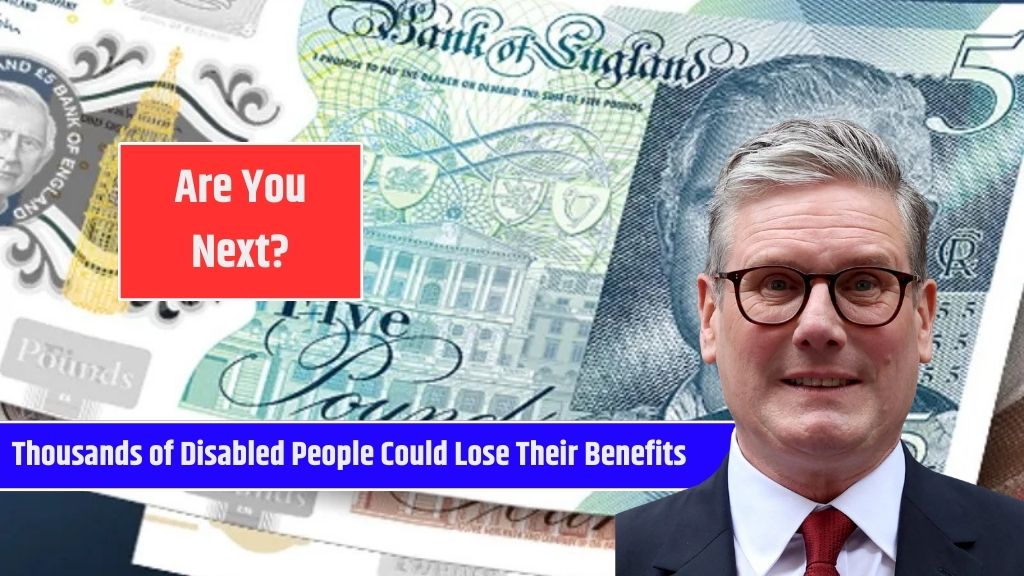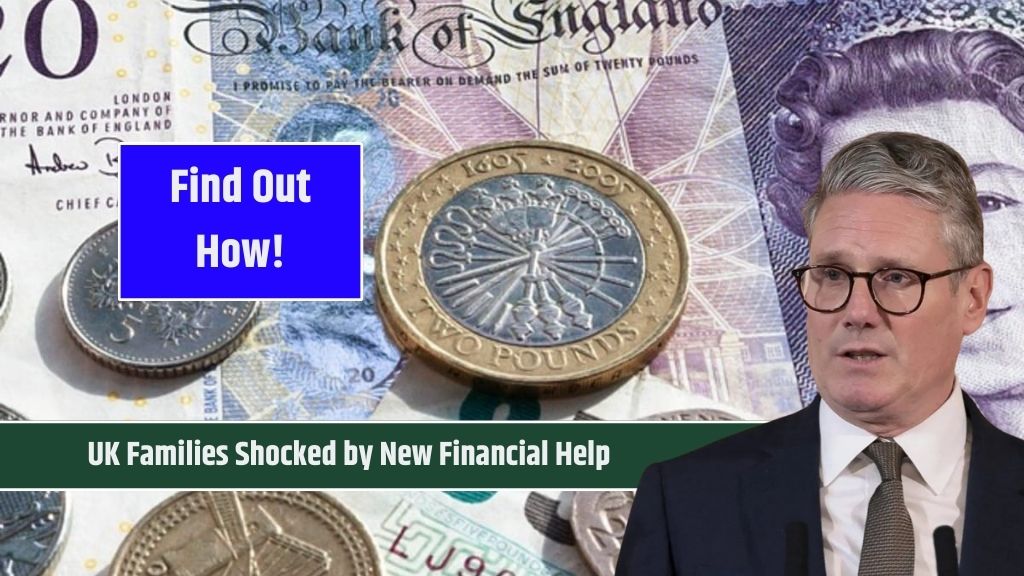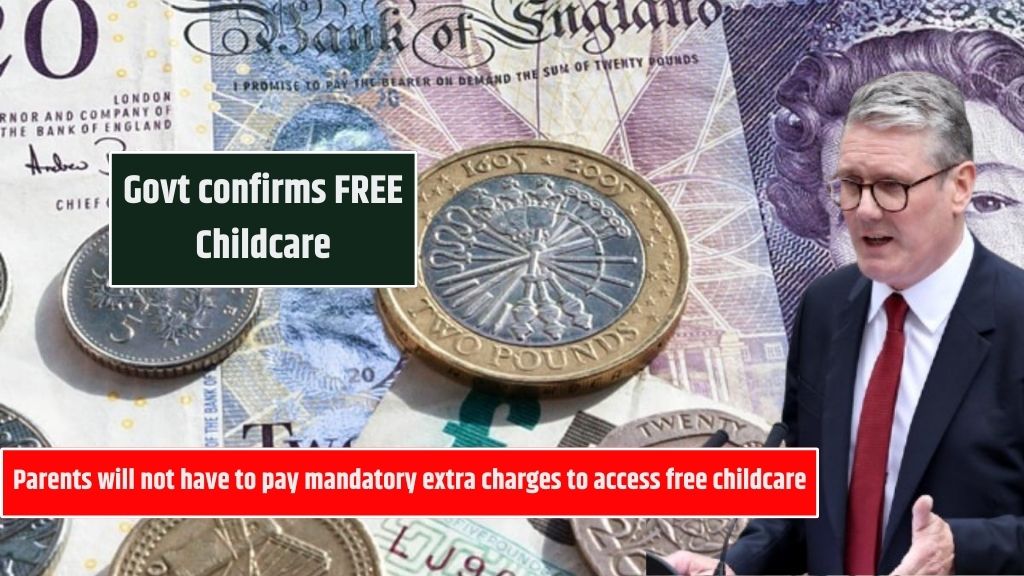The UK Government is considering major changes to the Personal Independence Payment (PIP) system, causing anxiety among thousands of disabled people and those with chronic illnesses. A review of eligibility criteria covering 87 medical conditions—including chronic pain, mobility issues, and musculoskeletal disorders—is underway. With proposed tighter rules, there is a real concern that many genuine claimants may lose vital financial support.
What is Personal Independence Payment (PIP)?
Personal Independence Payment, or PIP, is a benefit designed to support people aged 16 or older who have long-term physical or mental health conditions that affect their daily living activities or mobility. PIP helps these individuals meet additional living costs caused by their conditions. Payments vary depending on the severity of a claimant’s disability:
- Daily Living Component: £72.65 – £108.55 weekly
- Mobility Component: Additional support based on individual circumstances
Starting from April, people on the enhanced rate could get up to £749 monthly, significantly helping manage their increased costs due to disabilities.
Proposed Changes to PIP System
The Government, under pressure to reduce the UK’s overall spending on welfare benefits, is looking at a major review of the PIP system. Reports suggest the Labour party supports tighter controls on benefit spending, which might lead to stricter assessments and reduced eligibility for many current beneficiaries.
The conditions being specifically reviewed include:
- Osteoarthritis
- Chronic pain syndrome
- Inflammatory arthritis
- Osteonecrosis
- Metabolic disorders
People affected by these health conditions might face stricter rules and assessments, meaning some current recipients could lose their entitlement entirely.
Impact of Tighter Eligibility Criteria
Campaigners express serious concerns about the proposed changes, especially for those with disabilities that are less visible or fluctuate over time. Disabilities that do not constantly show obvious signs—sometimes called “invisible disabilities”—often rely heavily on PIP payments. If assessments become more stringent, many genuine claimants might lose their support, plunging them into severe financial difficulty.
Critics also argue that tightening PIP eligibility doesn’t solve the underlying problem. Instead, it could shift vulnerable people towards other welfare services or charities, moving the financial burden rather than reducing it. Charity groups and disability rights advocates are calling for careful consideration before any drastic measures are implemented.
Government’s Position and Reassurances
The government assures the public that changes will not negatively affect those genuinely in need. However, specifics on what exactly will change or when these adjustments might take effect have not yet been clarified. The lack of detailed information adds uncertainty, making claimants increasingly worried about their future financial stability.
Why is this Significant Now?
This potential PIP reform comes amid a persistent cost-of-living crisis affecting many UK households. High energy bills, rising food prices, and increased living expenses have left families and individuals already struggling financially. Reducing PIP eligibility at this sensitive time could significantly worsen their circumstances, potentially leading to increased hardship and poverty among vulnerable groups.
Staying Informed and Prepared
Given the serious implications of these proposed changes, those receiving or applying for PIP are advised to:
- Keep updated with reliable news sources for the latest government announcements.
- Regularly check the official government websites like GOV.UK for accurate information.
- Reach out to disability support charities and welfare rights organisations for advice and advocacy support.
Proposed changes to the Personal Independence Payment could affect thousands of individuals with chronic illnesses and disabilities. Although the government’s goal is reducing the overall benefits bill, campaigners argue that stricter eligibility assessments could negatively impact vulnerable claimants. With the cost-of-living crisis deepening, it is crucial for affected individuals to stay informed, vigilant, and ready to seek advice and support. The coming months will be critical as more details emerge on how exactly the PIP system might change.
| Visit for More News and Updates | WSOA NEWS |
FAQ’s
What is Personal Independence Payment (PIP)?
PIP is financial support provided to individuals over 16 with long-term disabilities or health conditions that affect daily living or mobility.
Which conditions could face stricter PIP assessments?
Conditions such as osteoarthritis, chronic pain, inflammatory arthritis, osteonecrosis, and metabolic disorders might see stricter eligibility requirements.
Why is the government reviewing PIP eligibility?
The UK government aims to reduce overall spending on welfare benefits, prompting this review of PIP eligibility and assessments.
What impact could stricter PIP rules have?
Stricter eligibility may cause individuals with genuine but invisible or fluctuating disabilities to lose critical financial support.
How can individuals stay informed about PIP changes?
People can stay informed by regularly checking official government websites, contacting disability rights charities, and following reliable news updates.










